We have added more information to the pastry kitchen tips. For today, we will find out more on how fats and oils play their role in baked goods. They tenderize, add flavour, have leavening strength, add moisture, and can create a flaky texture.
OILS AND SHORTENINGS
Vegetable and other similar oils are produced by pressing a high-oil content food, such as olives, nuts, corn, avocados, or soybeans. The oil may then be filtered, clarified, or hydrogenated, depending on its intended use. All oils and shortenings should be stored in a dry place away from light and extreme heat.
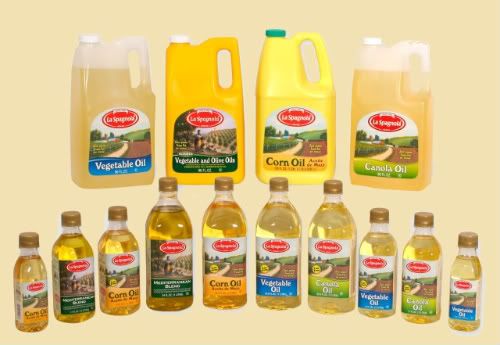
Vegetable oils are often neutral in flavour and colour and have relatively high smoking points. If the label does not specify a source, the oil is usually a blend of oils. Canola oil (or rapeseed oil) is a light, golden-coloured oil extracted from rapeseed; it is low in saturated fat. Corn oil is a mild-flavoured refined oil, medium yellow in colour, inexpensive, and versatile. Soybean oil has a pronounced flavour and aroma; it is primarily in blended vegetable oils and margarines.
Olive oils vary in heaviness and may be pale yellow to deep green, depending on the particular fruit and the processing method. Cold-pressed olive oil is superior in flavour to thermally refined oil. The finest olive oil available is extra-virgin olive oil, with a naturally low level of acid, typically less than 1 percent. Virgin olive oil, also known as pure olive oil, is the next best grade. Both extra-virgin and virgin olive oils are prized for their flavour. For this reason they are often used in preparations where oil is not cooked, and in or on products after they have been cooked or baked, to preserve and take advantage of their flavour. A blend of refined olive oil (virgin oil that has been thermally treated to remove its undesirable characteristics) and virgin olive oil is commonly used for baking and cooking.
Nut oils have rich aromas. They are usually more perishable than vegetable or olive oils. Store them under refrigeration to keep them fresh, and use them within a few weeks of opening for the best flavour. Most peanut oils are pale yellow refined oil, with a very subtle scent and flavour, but some less-refined types are darker and have more pronounced peanut flavour.
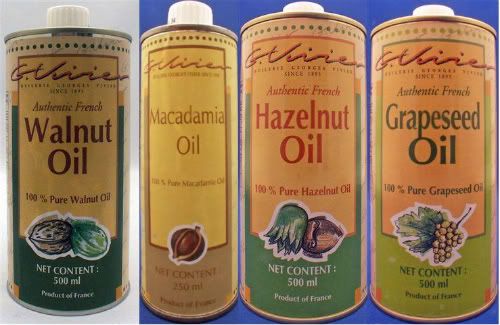
Oil sprays are vegetable oils (usually blended) packaged in pump or aerosol spray containers. They are used for lightly coating pans and griddles.
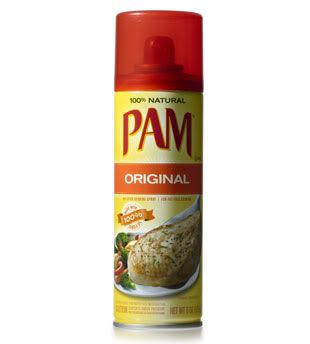
Hydrogenated shortenings are produced from liquid fats that have been chemically altered under pressure with purified hydrogen to make them solid at room temperature. Shortening may contain some animal fats unless specifically labelled as vegetable shortening.
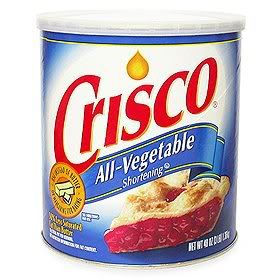
Emulsifying shortening or high-ratio shortening is a hydrogenated shortening that contains monoglycerides and other agents so that it better absorbs and retains moisture in baked goods. Emulsifying shortening is used in recipes where the amount of sugar and liquids is proportionally greater than flour.
OTHER FATS
Margarine is a solid fat made with hydrogenated vegetable oils and milk, either liquid or milk solids. Regular margarines contain 80 per cent fat. Margarine may also contain salt, artificial flavourings, and preservatives. A wide variety of margarines is available, from regular to whipped to reduced-fat and cholesterol-lowering blends, in sticks, blocks, or tubs.
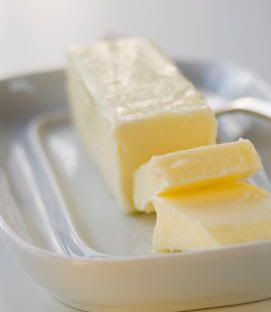






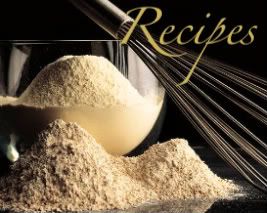
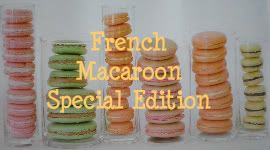






No comments:
Post a Comment